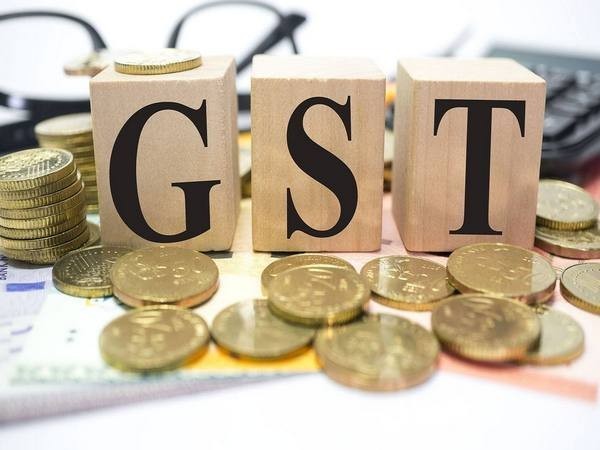Impact of GST on Government Revenue and Simplification Discussed by Eminent Economist
Kolkata, August 22, 2023 (PTI) – Bibek Debroy, Chairman of the Economic Advisory Council to the Prime Minister, addressed concerns about the revenue implications of the Goods and Services Tax (GST) during a special session organized by the Calcutta Chamber of Commerce. The esteemed economist emphasized that the GST, intended to be revenue-neutral with a single rate, has resulted in revenue loss for the government. He also highlighted the positive aspect of simplification brought about by the GST.
Ideal GST and Revenue Neutrality
Debroy stressed that the optimal GST model should incorporate a single rate structure that maintains revenue neutrality. He referenced initial finance ministry calculations that suggested the average GST rate should be around 17 percent when the GST was introduced. However, the existing rate stands at 11.4 percent, resulting in revenue loss for the government.
Complex Tax Structure and Public Opinion
Addressing the challenges of the current GST structure, Debroy noted that there exists a “lot of abuse” of GST provisions without providing further details. He also highlighted a common sentiment among the public and members of the GST Council, indicating that while they desire a reduction in the 28 percent tax rate, they are not in favor of increasing the rates at the lower end, such as the 0 and 3 percent tax brackets.
Call for Simplified GST
Debroy underscored the importance of a simplified GST framework and expressed concern that the current structure with varying rates could hinder the goal of achieving a simplified tax regime.
Budget 2023: Towards an Exemption-Less Tax System
In addition to discussing the challenges posed by the GST, Bibek Debroy shared insights into the upcoming Union Budget for the fiscal year 2023-24. He expressed hope that the budget would encourage taxpayers to transition towards an exemption-less direct tax system. Such a shift, he noted, would lead to increased revenue, a broader tax base, and reduced compliance costs and litigation.
Removal of Exemptions
Debroy emphasized the need to remove exemptions from both personal income tax and corporate tax systems. He highlighted the importance of incentivizing the transition from an exemption-based system to one that is entirely exemption-less. While acknowledging that an immediate shift might not be feasible, Debroy suggested a gradual movement towards an exemption-free tax era.
GST and Indirect Tax Revenue
Discussing the broader tax landscape, Debroy addressed concerns related to GST and its impact on indirect tax revenue. He mentioned that the average GST rate is currently lower than the revenue-neutral rate, contributing to overall revenue loss for the country. Despite these challenges, he pointed out that tax collections have remained strong in the ongoing financial year, reflecting the ongoing economic recovery.
Steady GST Collections
Debroy noted that GST collections have consistently exceeded Rs 1.4 lakh crore for ten consecutive months, reflecting robust tax collection trends despite the lower average GST rate.
Conclusion
The discussion led by Bibek Debroy highlights the intricate challenges posed by the current GST structure on government revenue. Additionally, the call for a transition to an exemption-less tax system in the upcoming Union Budget emphasizes the government’s commitment to simplifying the tax framework, promoting higher revenue collection, and reducing complexities in the taxation process.
Graphical Representation: (Note: Please provide any specific data or information you would like to be included in a graphical representation.)
In summary, Bibek Debroy’s insights shed light on the complexities of the GST system’s impact on government revenue and the broader taxation landscape in India. As economic policies continue to evolve, the focus on revenue neutrality, simplification, and the removal of exemptions remains critical to shaping a resilient and efficient tax framework.




